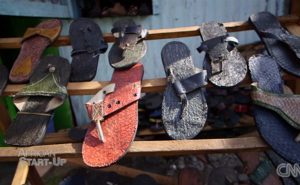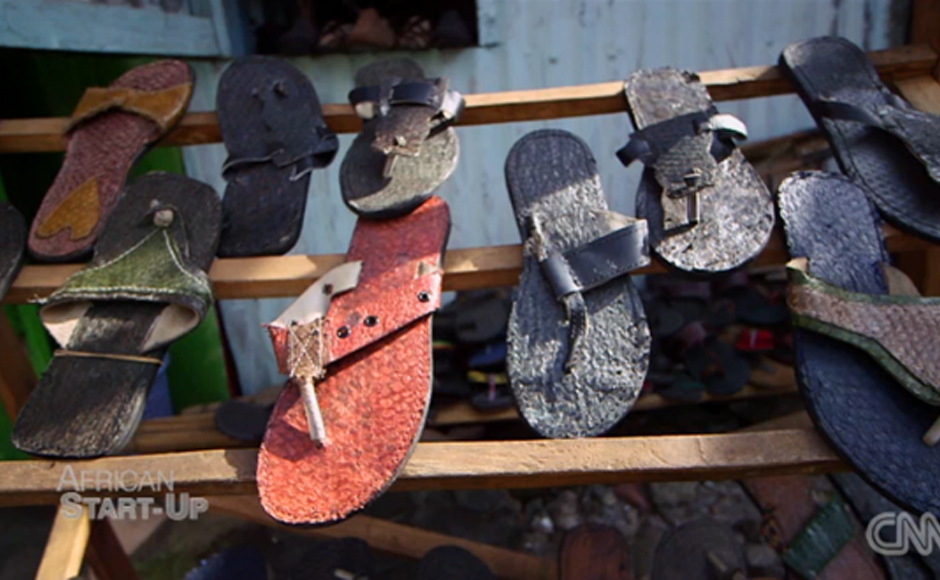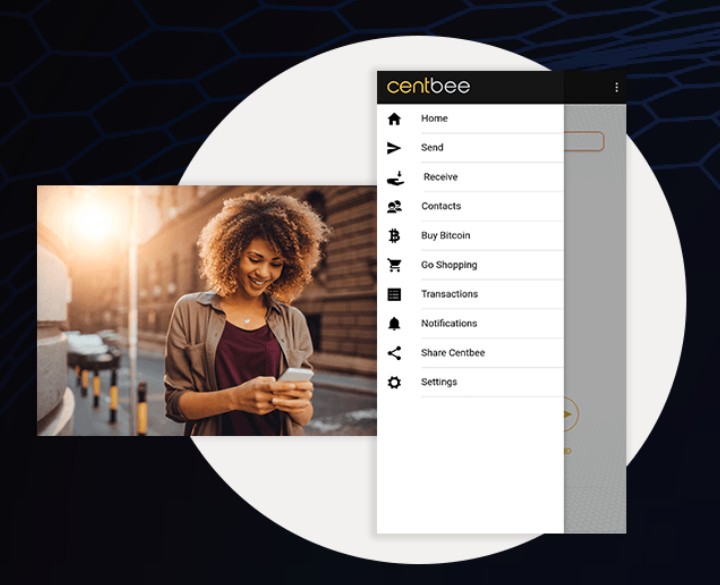Turning Fish to Shoes: This Kenya-Based Startup is Converting Fish Waste to Leather Products

It’s been said severally that opportunities abound around us, if only we can look closely. This is exactly what Newton Owino did, turning what has been condemned as waste into a thriving business.
In his local city of Kisumu, there’s been the challenge of properly disposing fish waste, which end up being piled up on the bank of Lake Victoria in Kenya. This was what Owino saw as golden opportunity, leading him to launch Alisam Product Development and Design, a startup that produces leather products with around 20 tons of fish waste produced daily by local fish processing plants in Kisumu..
Having studied leather chemistry in India, in the late 90s, Owino began to turn the disgusting waste into viable products by putting in an inital capital of just $1100 in the business, engaging local fishermen and women’s groups, whom he paid to collect discarded fish skin.
Alisam found its humble beginnings in tanning the skins of about 200kg of fish to create hardy, waterproof ‘fish leather’ as an alternative to the traditional cow or goat leather.
The entire tanning process is done manually, saving costs and electricity, and involves soaking and salting the skins for preservation before they are scaled and smoothed using a charcoal iron box. The skins are then soaked again for roughly an hour before banana extract and salt is added to strengthen the leather and remove any lingering odour or bacteria. The leather is then given a final soak in a water and baking soda mixture to remove any remaining salt or bacteria before the final curing phase, in which it is left to dry for two to three hours in the shade.
The versatile fish leather that Alisam produces is then used to create shoes, handbags, belts, wallets, watchstraps, caps and much more.
Alisam began processing only 200kg of fish waste per week, and barely turned in profit for the first two years.
But with Owino’s determination to take his business to the next level and, through his commitment and perseverance, the products are now in high demand, with exports to the UK, USA and Italy amongst others.
In addition to converting fish waste to leather products, the waste Alisam itself produces have also begun to generate revenue. Through a biogas plant, the organic pollutant produced by the tanning process are converted into two useful by-products: methane gas and organic liquid fertilizer. This not only reduced the harmful footprint left by Alisam, but also resulted in two new revenue streams for the business.
The business is now growing steadily, turning a very healthy profit, employing 17 permanent workers and creating many employment opportunities for locals in the area. Owino has even begun to take on the role of motivational speaker, giving talks about his entrepreneurial endeavours as far and wide as Denmark and California.




